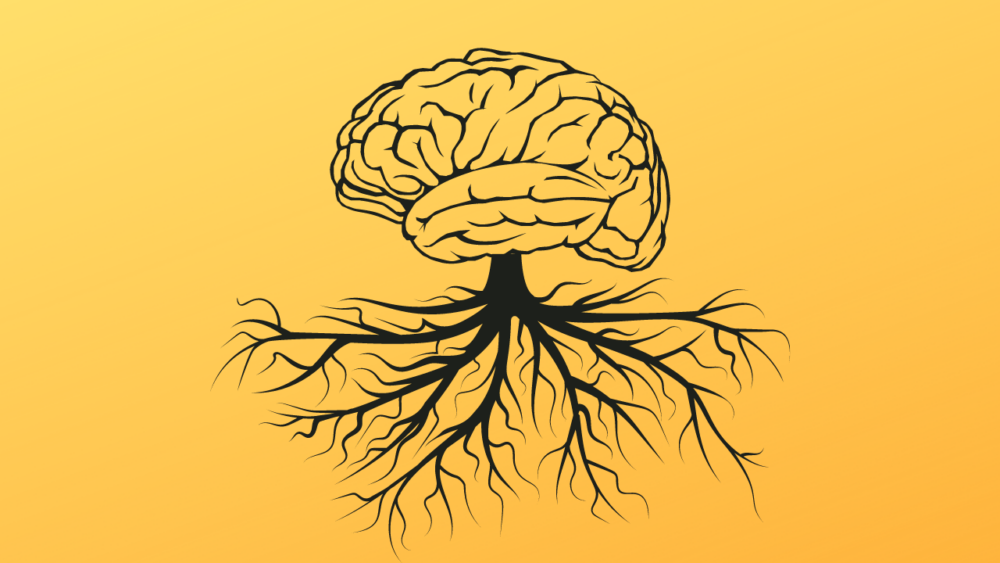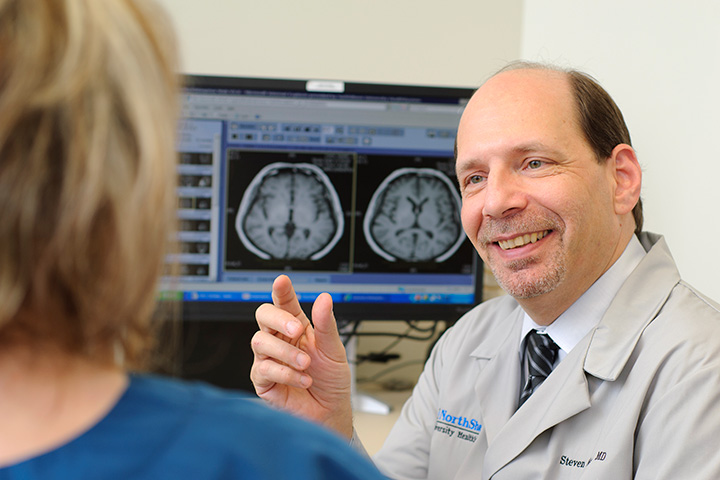Brain health is uclass=”id10″ndeniably a cornerstone of overall well-being. As our neurological hub, the brain influences everything from memory and cognition to emotions and sensory experiences. To support its optimal function, an integrated approach is needed, one that blends conventional medicine with holistic modalities. This post delves into the power of combining both worlds, offering invaluable insights for a mind in peak condition.
Foundations of Brain Health

Source: linkedin.com
The brain is not just another organ; it’s the epicenter of our thoughts, feelings, and actions. Like a sophisticated computer, it relies on proper maintenance and care for optimal performance. The foundations of brain health encompass a range of factors, from cellular structure and brain chemistry to neural connections and blood flow. Understanding these intricate dynamics empowers us to take charge of our cognitive health, laying a strong foundation for a life of clarity and focus.
Knowledge of how the brain functions is continuously evolving. Researchers who deal with integrative neurology have discovered that its neuroplasticity, or ability to change and adapt, lasts throughout life. This means our daily habits and choices can either bolster or impair brain health. It’s a proactive approach that looks beyond merely treating symptoms to addressing root causes, promoting long-term wellness.
The Role of Nutrition
Eating for brain health isn’t just about choosing the right foods, it’s about understanding the intricate relationship between diet and cognition. Nutrients like omega-3 fatty acids, antioxidants, and essential vitamins play crucial roles in neural function, warding off inflammation and protecting against degeneration. Consequently, diets rich in whole foods, lean proteins, and healthy fats can enhance cognitive performance and memory.
On the flip side, a diet laden with processed foods and sugars can harm our mental prowess. Inflammation, oxidative stress, and imbalances in brain chemistry can arise from poor nutrition. By making informed dietary choices, we can not only nourish our bodies but also cultivate a mind that’s sharp, alert, and ready for life’s challenges.
Lifestyle Factors for Optimal Function
Our daily routines, often overlooked, have a pronounced effect on brain health. Environmental toxins, screen time, social interactions, and even posture can impact cognitive function. Being mindful of these influences encourages us to adopt habits that support mental sharpness and deter cognitive decline.
Beyond external factors, our internal world – emotions, thoughts, and beliefs – significantly influences brain function. Chronic negativity, for instance, can lead to decreased neural connections. Embracing positive psychology, cultivating healthy relationships, and fostering an optimistic outlook are essential elements in ensuring our brains thrive.
Exercise and Brain Health Synergy

Source: squatuniversity.com
Physical activity is more than just a way to keep our bodies in shape. Its synergistic relationship with brain health has been documented in numerous studies. Exercise increases blood flow to the brain, facilitating oxygen and nutrient supply, which in turn boosts cognitive abilities and enhances memory.
But it’s not only about aerobic exercises. Strength training, yoga, and even simple stretching exercises can have profound effects on brain health. Engaging in regular physical activity releases endorphins reduces stress hormones, and aids in the growth of new neurons, paving the way for a brighter, more agile mind.
Stress Management and Cognitive Wellness
Stress, in small doses, can be beneficial, honing our focus during challenging situations. However, chronic stress wreaks havoc on the brain. Elevated cortisol levels over time can impair memory, reduce cognitive function, and even shrink specific brain regions.
One can combat these detrimental effects by adopting stress management techniques. Practices like deep breathing, meditation, and hobbies can lower cortisol levels and enhance cognitive resilience. By prioritizing mental tranquility, we pave the path for a brain that remains vibrant, even in the face of life’s inevitable challenges.
Sleep’s Impact on Cognitive Performance
Rest isn’t merely a time for the body to recuperate; it’s when the brain processes, assimilates, and stores information. Deep sleep stages facilitate memory consolidation and cognitive restoration, making it indispensable for peak mental performance. Skimping on sleep can lead to sluggish thinking, impaired judgment, and even long-term neurological disorders.
Quality of sleep matters as much as quantity. Achieving a restful night involves more than just logging hours. Ensuring a dark, quiet environment, maintaining consistent sleep schedules, and avoiding screen time before bed are all steps toward fostering a brain that’s refreshed and ready to take on the day.
Mindfulness and Cognitive Resilience

Source: groundedcuriosity.com
Mindfulness, the practice of being present in the moment, is more than a meditative technique. Regular mindfulness practices can reshape neural pathways, fostering a brain more resilient to stress and better equipped for complex problem-solving. By focusing on the present, we train our minds to be more attentive, responsive, and adaptable.
Several modalities foster mindfulness, from meditation to tai chi. Regardless of the chosen practice, the essence remains the same: cultivating an acute awareness of the present, free from judgment. Over time, this not only enhances cognitive function but deepens our connection to the world around us, enriching our experiences and relationships.
Integrative Approaches to Cognitive Enhancement
Integrative medicine combines the best of traditional and holistic practices. For brain health, this means blending conventional neurology with therapies like acupuncture, herbal supplements, or biofeedback. This synergistic approach addresses the whole person, not just isolated symptoms, promising more effective and lasting results.
It’s essential to approach integrative methods with an open mind yet remain discerning. Collaborating with trained professionals ensures that the chosen strategies are safe and effective, enhancing cognitive function while maintaining overall health and balance.
The Gut-Brain Connection and Mental Health
Our gut health has profound implications for our brains. Often termed the “second brain,” the gut boasts a vast neural network and produces neurotransmitters. Disruptions in gut health can lead to imbalances in brain chemistry, impacting mood, cognition, and overall mental health.
Maintaining a balanced gut microbiome is key. Probiotics, fiber-rich diets, and avoiding gut irritants can promote a healthy gut-brain axis. As we begin to respect and nurture this connection, we’ll find ourselves better equipped to handle emotional challenges and maintain cognitive clarity.
Personalized Medicine in Neurological Care

Source: northshore.org
Every individual’s brain is as unique as their fingerprint. This means that a one-size-fits-all approach to brain health is often insufficient. Personalized medicine, with its emphasis on individual genetics, lifestyle, and environment, is revolutionizing neurological care. By tailoring treatments and strategies to the individual, we can unlock unprecedented levels of cognitive enhancement and protection.
This paradigm shift is more than just about tailored treatments. It’s about empowering individuals to take charge of their neurological health, providing tools and knowledge tailored to their unique needs. As the field of neurology embraces this approach, we edge closer to a future where optimal brain health is accessible to all.
Final Thoughts
Brain health, though intricate and multi-faceted, is within our power to influence. By integrating traditional knowledge with holistic practices, we can craft a comprehensive approach to ensure our most vital organ remains robust and resilient. The journey to optimal brain health isn’t a destination but an ongoing commitment to learning, adapting, and thriving in a world brimming with possibilities.


















